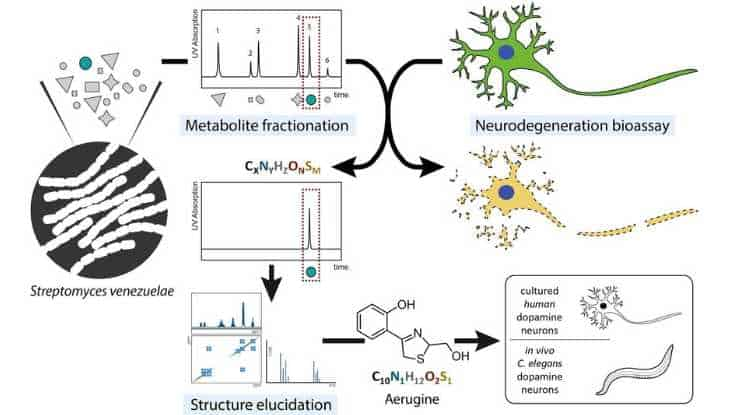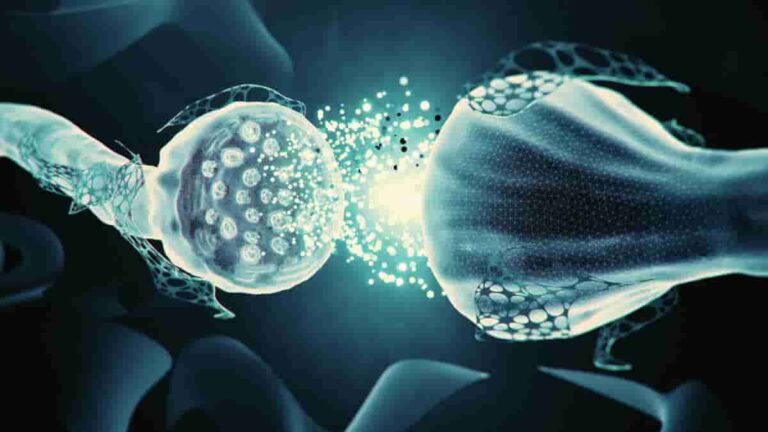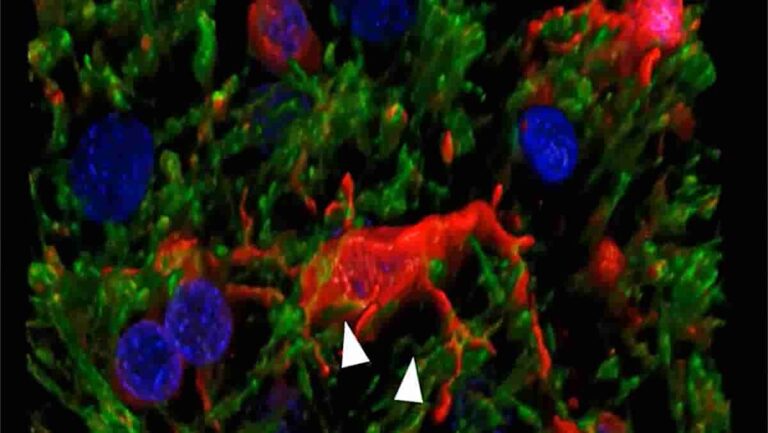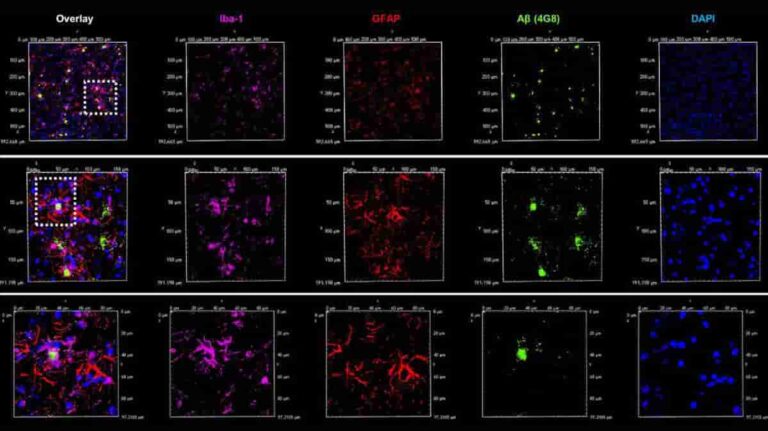Mount Sinai researchers say they have employed AI, for the first time, to construct “HistoAge,” an algorithm that predicts age at death based on the cellular composition of human brain tissue specimens. It is said to have an average accuracy of 5.45 years. This sophisticated method can also detect neuroanatomical regions prone to age-related alterations,…
Category: Neurology
Bacterial Metabolite Could Be Risk Factor for Parkinson’s
A team of scientists recently discovered a microbial compound that damages dopamine-producing neurons. Further research revealed that this causes Parkinson-like symptoms. The finding provides fresh insight into the possibility of environmental factors, including metabolites from the human microbiome, acting as Parkinson’s disease triggers. This research was led by Thomas Böttcher from the Institute of Biological…
Measuring Brain Micromovements Could Help Spot Sports Concussions
New research from the University of South Australia shows that novel brain biometrics could help determine whether an athlete is ready to return to play following a concussion. In a study conducted in collaboration with the University of California, San Francisco (UCSF), researchers discovered that alterations in the brain’s micromovements, known as ‘headpulses,’ could detect…
Delirium After Surgery May Be Caused by Permeable Blood-Brain Barrier
Postoperative delirium, a syndrome of confusion that often appears in the first few days following surgery, affects up to 40% of elder surgery patients. Postoperative delirium has been linked to extended hospital stays, severe distress, and major postoperative consequences, although the underlying causes remain unknown. Previous research in mice suggested that postoperative delirium could be…
Anxiety and Depression Could be Early Indicators of Multiple Sclerosis
Summary: A study has found that people are nearly twice as likely to experience mental illness in the years leading up to the onset of multiple sclerosis (MS). The occurrence of psychiatric comorbidity is common following an MS diagnosis. However, little is known about psychiatric morbidity prior to the onset of MS. The research suggests…
Synaptic Vesicle Dysfunction Triggers Parkinson’s Neurodegeneration
Degeneration of dopamine-producing neurons is widely regarded as the initial cause of Parkinson’s disease. But a new study from Northwestern Medicine researchers challenges the belief. The new research suggests that synaptic dysfunction in neurons precedes neurodegeneration by causing dopamine deficits. “Based on these findings, we hypothesize that targeting dysfunctional synapses before the neurons are degenerated…
NPTX2 Protein Predicts Cognitive Impairment Years In Advance
A protein found in the spinal fluid of cognitively healthy adults predicted the onset of mild cognitive impairment and dementia years before symptoms appeared, a new study has found. The findings could lead to new targets for treating or preventing Alzheimer’s and other dementias. Combined with last week’s news of a previously unknown path of…
Ferroptosis Destroys Microglia Cells in Alzheimer’s and Vascular Dementia
A new path of cell death in Alzheimer’s disease and vascular dementia has been discovered by researchers. Ferroptosis, a type of cell death caused by an accumulation of iron in cells, destroys microglia cells, a type of cell involved in the brain’s immune response, in Alzheimer’s and vascular dementia, a study led by scientists at…
Ponesimod Reduces Neuroinflammation in Alzheimer’s Disease
A multiple sclerosis medication is potentially effective as a treatment for Alzheimer’s disease, according to a team of researchers from the University of Kentucky. The researchers investigated ponesimod, an oral medicine licensed by the Food and Drug Administration (FDA) to treat relapsing types of multiple sclerosis (MS). Ponesimod, sold under the brand name Ponvory, was…








